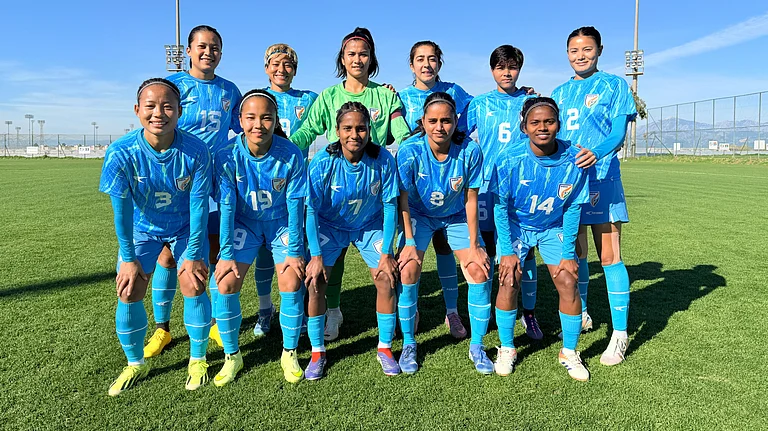Less than one-fourth of hypertensive patients in India have their blood pressure under control, according to a study published in The Lancet Regional Health journal. Hypertension or high blood pressure is an important modifiable risk factor for cardiovascular diseases (CVD), making it one of the significant contributors of premature death and morbidity.
The team, including researchers from National Centre for Disease Control, New Delhi, and Boston University School of Public Health, US, conducted a systematic review of 51 studies published after 2001 that reported hypertension control rates in India.
The researchers focused on community-based non-interventional studies which provide a realistic picture of control rates at the community level. They also examined the changes in control rates over the years, which the authors said, was never done before. The research found that 21 studies (41 per cent) reported poorer hypertension control rates among males than females, and six studies (12 per cent) reported poorer control rates among rural patients.
The pooled hypertension control rate in India during 2001–2020 was 17.5 per cent -- with significant increase over the years, reaching 22.5 per cent in 2016–2020, the researchers said. Sub-group analysis showed significantly better control rates in the South and West regions, and significantly poorer control rates among males. Very few studies reported data on social determinants or lifestyle risk factors, they said.
"Less than one-fourth of hypertensive patients in India had their blood pressure under control during 2016–2020. Although the control rate has improved compared to previous years, substantial differences exist across regions," the authors of the study said. "Very few studies have examined the lifestyle risk factors and social determinants relevant to hypertension control in India," they added.
In the study, hypertension control rate was defined as the proportion of patients with their blood pressure under control ie. a systolic blood pressure less than 140 mmHg (unit of pressure) and diastolic blood pressure less than 90 mmHg.
The review included 49 cross-sectional and two cohort studies covering 1.39 million population (73 per cent females) including 338,313 (3.3 lakh) hypertensive patients. Thirty nine studies had state-specific data covering 15 states and territories. The mean hypertension prevalence across studies was 24.2 per cent, and 46.8 per cent of them were aware of their high blood pressure.
The researchers noted that India needs to develop and evaluate sustainable, community-based strategies and programmes to improve hypertension control rates. "Hypertension is a significant contributor to mortality in India. Achieving better hypertension control rate at the population level is critical in reducing cardiovascular morbidity and mortality," the authors said. The team also included researchers from Government Medical College, Manjeri and KIMS Al-Shifa Specialty Hospital, Perinthalmanna, both in Kerala. PTI SAR
SAR






















